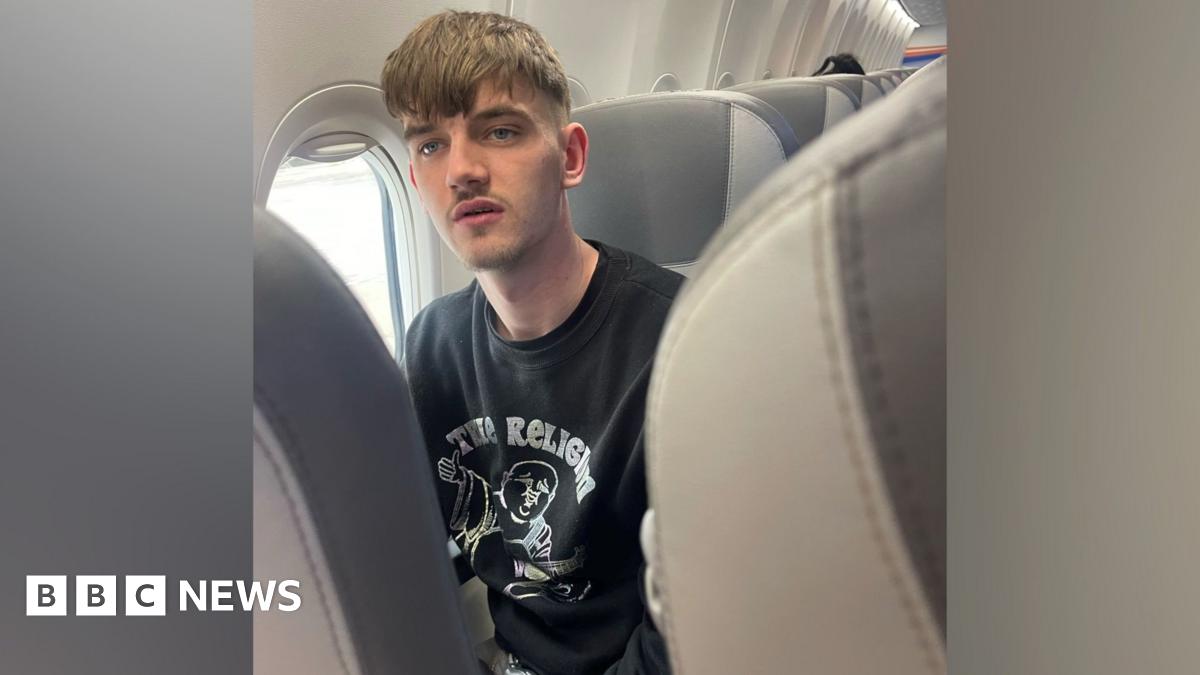Troop deployment debate heats up
Prospects for deployment of Turkish troops to contribute to a peacekeeping mission in Iraq amid increased attacks over U.S. targets sparked a heated debate in Ankara Tuesday, as Foreign Minister Abdullah Gul headed to Washington for talks expected to officially raise the issue.
Opposition and government lawmakers expressed objection to possible troop deployment in Iraq to help U.S. and British forces patrolling troubled parts of Iraq where the influence of toppled leader Saddam Hussein is still strong, saying this would put at risk the lives of Turkish soldiers and called for a U.N. resolution authorizing an international peacekeeping mission in Iraq.
And officials from the Turkish military have hinted that Turkey’s offer for peacekeeping troops, made several months ago, might be reviewed in the light of the changed conditions in Iraq, referring to increased attacks on U.S. troops, which has killed six U.S. soldiers since Friday.
Outgoing U.S. Ambassador in Ankara Robert Pearson has said it was not yet discussed where the Turkish troops could be deployed but he ruled out prospects for a Turkish mission in northern Iraq, which he said was one of the most stable parts of the country. More volatile regions around Baghdad and Shiite populated south could be possible spots.
The offers for peacekeeping troops were made several months ago within the framework of the restructuring of Iraq but now such a mission has turned to be an operational, military sources quoted by the CNN-Turk television said.
But still, military authorities have devised plans for a possible deployment, foreseeing the dispatch of four battalions to troubled areas in Iraq, meaning up to 4,000 troops, the television said. Earlier newspaper reports have put the estimated number as 10,000.
Turkey offered several months ago to contribute by troops to the stabilization of Iraq after the U.S.-led war and the offer was conveyed to Washington during a visit by Foreign Ministry Undersecretary Ugur Ziyal.
Two top U.S. generals visiting Ankara last week raised the Turkish offer during their brief talks and Gul is expected to formally discuss possible Turkish troop deployment when he meets Secretary of State Colin Powell, Donald Rumsfeld and others this week.
Turkish and U.S. officials have said the discussions were informal and added they were at a preliminary stage.
"We have had discussions with a number of countries, including NATO members like Turkey on contributing to stabilization operations in Iraq. It’s a subject that we will continue to discuss and I would think it would certainly come up when the Gul is in Washington this week," State Department Spokesman Phil Reeker told reporters.
Parliamentary authorization and international legitimacy
Turkey declined in March to allow in U.S. troops to open a northern front on Iraq, creating a serious tension in decades-long alliance relations and the government apparently sees the possibility for military contribution to the stabilization mission of the United States and Britain as a valuable opportunity to patch up the damaged ties.
But this can turn out to be a more difficult task than predicted amid growing opposition to getting involved in the trouble in the post-war Iraq without a solid authorization from the United Nations and increased anti-U.S. sentiments after a July 4 raid against Turkish soldiers in northern Iraq.
Washington is looking to recruit countries to help patrol Iraq. Poland, Bulgaria, Romania and Hungary, among others, have agreed, but France, Germany and India have declined to participate in the postwar force, requesting a U.N. mandate first.
"The government can never account for what it has done if it is embarking on an adventure of sending troops to Iraq without international legitimacy and parliamentary authorization," said Deniz Baykal, the leader of the opposition Republican People’s Party (CHP).
"Look at the Constitution of the Turkish Republic and the decision to be taken by Parliament, not at promises of the foreign minister or concessions of a cornered government," Baykal told his deputies.
It was not clear whether a dispatch of troops to Iraq would require parliamentary authorization but prospects are small for a parliamentary go-ahead if this is needed amid anti-U.S. sentiments fed by detention of 11 Turkish soldiers in northern Iraq by American forces on July 4.
"We know what happens to such occupying forces in the end. We expect the United States to get out of the region at once and apologize to the world for what it has done," said Abdullah Caliskan, a government lawmaker.
"It is impossible for Parliament to approve such an authorization. I don’t think there will be a single vote in support," he went on.
"It is not Turkey’s responsibility to help the United States. I would vote against any authorization bill," said another lawmaker Nurettin Aktas.
The ruling Justice and Development Party (AK Party) has an overwhelming majority in Parliament but almost one third of its deputies voted against a government motion to allow in U.S. troops in March.
"The government should not even think about it. Otherwise it would be a great disappointment for it," AK Party’s Emin Sirin said.



